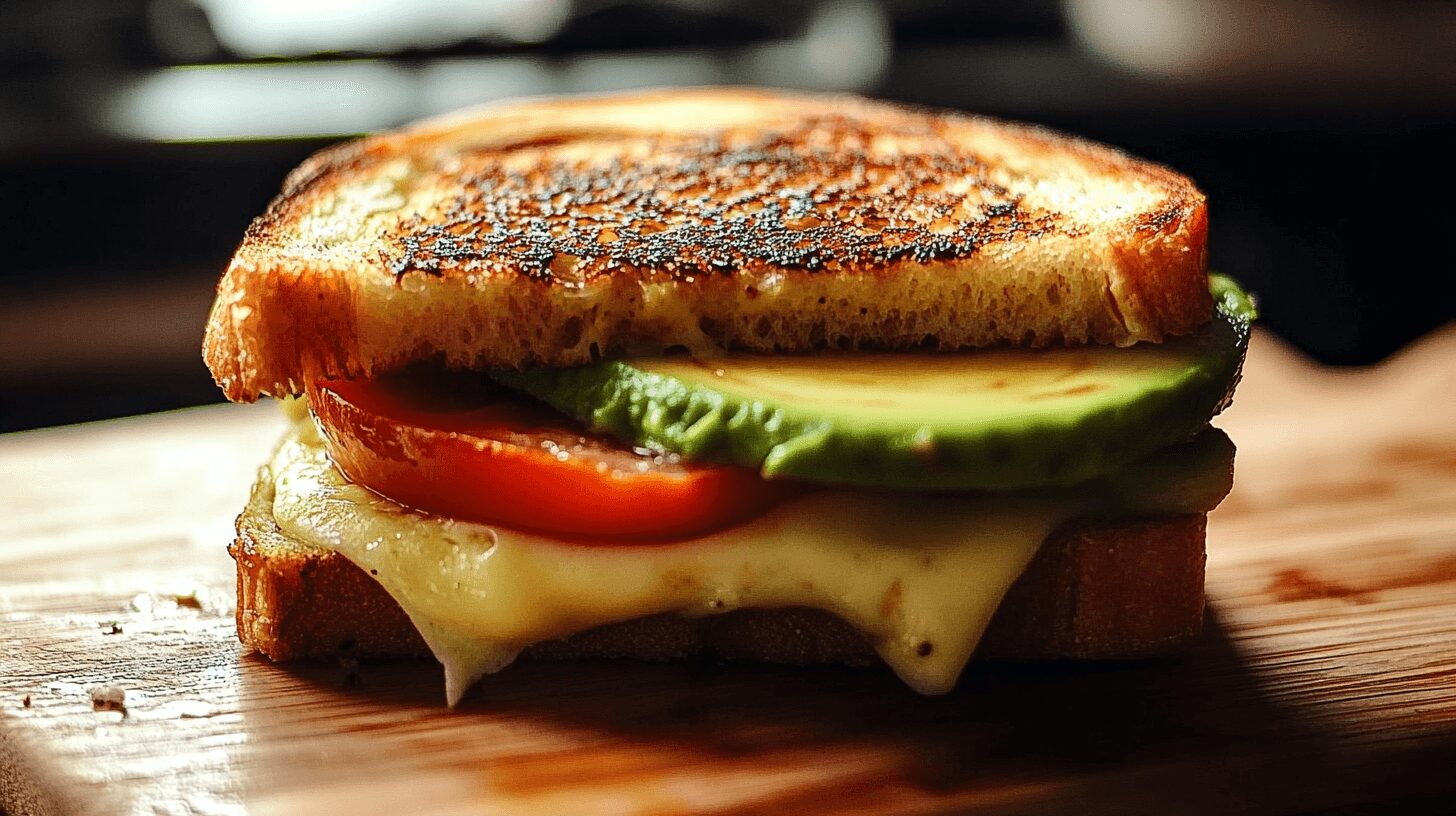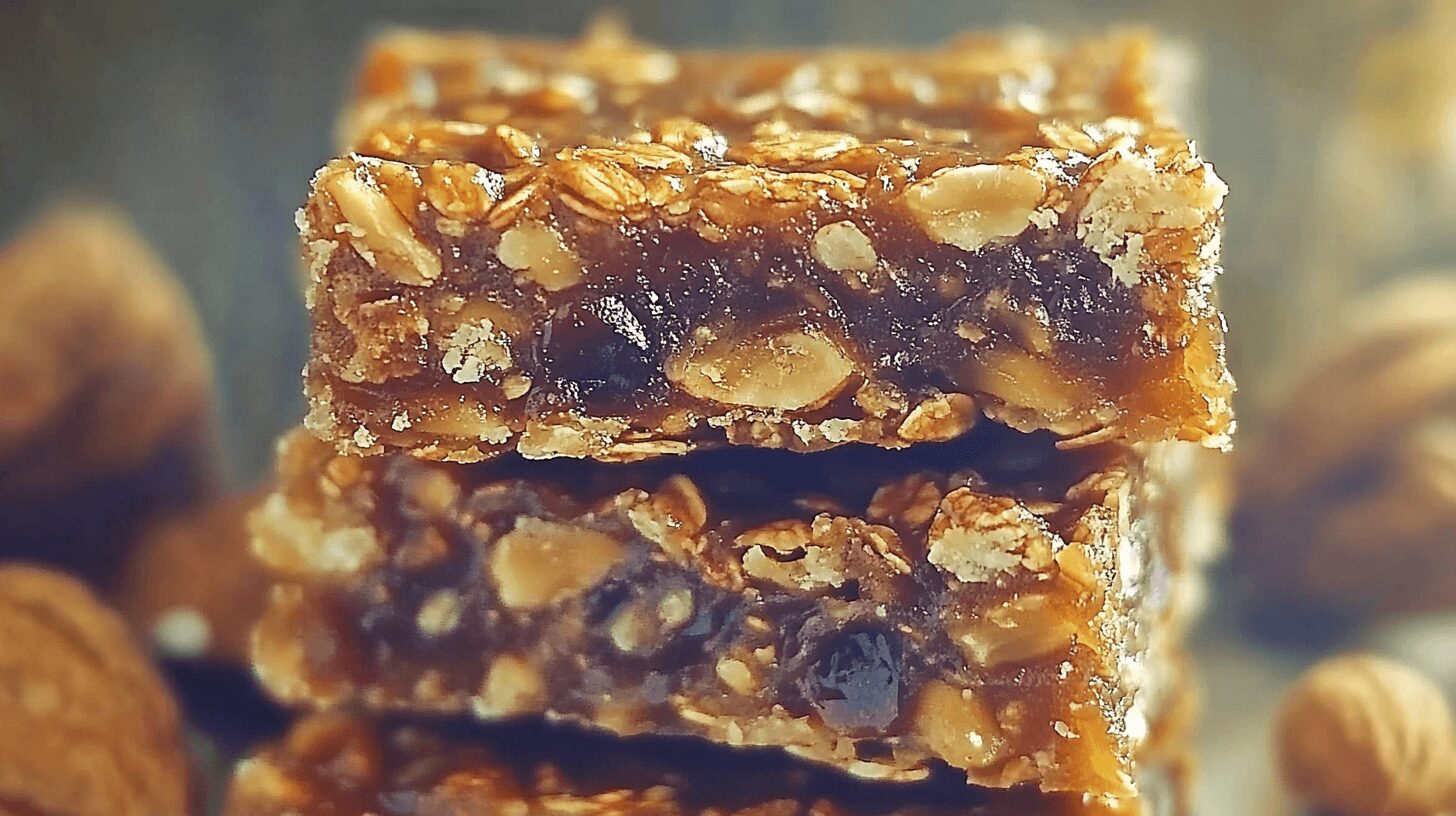Introduction
Navigating food options when living with a nut allergy can be incredibly challenging. In fact, with the growing popularity of health-conscious snacks like Quest cookies, it’s only natural for individuals with nut allergies to question their safety. Can a nut allergy eat a Quest cookie? This is a vital concern for anyone managing such a condition. Above all, ensuring safety when it comes to snacks and processed foods is crucial for avoiding potential allergic reactions. Moreover, Quest cookies are marketed as high-protein, low-sugar alternatives, making them highly appealing to fitness enthusiasts and health-conscious individuals alike. But how safe are they for people with nut allergies?
In this comprehensive article, we delve into the ingredients of Quest cookies, evaluate their safety for individuals with nut allergies, and provide actionable tips for navigating snack choices. In addition, we’ll explore nut-free alternatives, creative variations, and practical advice for anyone managing nut allergies. Whether you’re seeking answers for yourself or someone you care about, this guide is here to provide clarity. Not only that, but it will also help you make informed decisions with confidence. Let’s take a closer look at what Quest cookies are and address the big question: Can a nut allergy eat a Quest cookie?
What Are Quest Cookies?
Quest cookies have gained a reputation as a healthier alternative to traditional snacks. They are designed for individuals who prioritize fitness, follow specific diets, or simply want a guilt-free treat. These cookies are high in protein and fiber, low in sugar, and often cater to ketogenic and gluten-free dietary preferences. In addition, they come in a variety of flavors such as Chocolate Chip, Double Chocolate Chunk, and Cookies & Cream, providing options for different taste preferences.
However, what sets Quest cookies apart is their focus on macronutrient balance. For instance, each cookie typically contains around 15 grams of protein, which is significantly higher than your average store-bought cookie. This makes them a popular choice for gym-goers and those looking to maintain a high-protein diet. Moreover, they’re sweetened with sugar substitutes like erythritol and stevia, which contribute to their low net carbohydrate count. This feature appeals to individuals following a ketogenic or low-carb diet.
On the other hand, while their nutritional profile is impressive, individuals with food allergies—especially nut allergies—need to exercise caution. Quest cookies are manufactured in facilities that also process nuts, and some flavors explicitly include nut-based ingredients like almond flour. Consequently, understanding the specific ingredients and potential cross-contamination risks is essential before consuming these cookies.
Above all, it’s important to note that no snack is universally safe for everyone. In fact, even products labeled as “healthy” can pose risks for individuals with food allergies. For example, Quest cookies may appeal to a wide audience because of their nutritional benefits but could still pose a risk for people sensitive to nuts. Therefore, when considering Quest cookies as a snack option, it’s crucial to thoroughly review their allergen information and ingredient lists. Furthermore, taking precautions like contacting the manufacturer or consulting with a healthcare provider can make a significant difference.
Next, let’s examine the question that brought us here: Can a nut allergy eat a Quest cookie? In addition, we’ll discuss safety practices and alternative options for those with dietary restrictions.
Can a Nut Allergy Eat a Quest Cookie?
Understanding Nut Allergies
Nut allergies are among the most common food allergies, affecting millions of people worldwide. In addition, they can trigger a range of symptoms, from mild reactions like itching and hives to severe, life-threatening conditions such as anaphylaxis. For this reason, individuals with nut allergies must avoid not only direct exposure to nuts but also any products that might be cross-contaminated with nut proteins. Consequently, even trace amounts can pose significant risks.
For instance, a product may not list nuts as a primary ingredient but could still be processed on shared equipment with nut-containing products. This is particularly concerning in the case of snacks like Quest cookies, which are manufactured in facilities that handle nuts. As a result, the potential for cross-contamination cannot be entirely ruled out.
When evaluating whether a product is safe for nut allergy sufferers, it’s essential to consider both the ingredient list and the manufacturer’s allergen statement. Moreover, consulting with a healthcare provider or allergist can provide additional guidance tailored to an individual’s specific allergy severity. Not only that, but contacting the manufacturer directly to inquire about their production practices can also offer valuable insights.
Do Quest Cookies Contain Nuts?
To answer the question, Can a nut allergy eat a Quest cookie? we need to look closely at the ingredients of various flavors. Some Quest cookie flavors, like Chocolate Chip, contain almond flour, which makes them unsuitable for individuals with nut allergies. In contrast, other flavors, such as Cookies & Cream, may not list nuts as a direct ingredient. However, they are still processed in facilities that handle nuts, posing a risk of cross-contamination. Therefore, it’s always advisable to err on the side of caution.
Additionally, allergen statements on Quest’s packaging provide valuable information. For example, they typically include disclaimers about shared equipment, which can be a deciding factor for those with severe allergies. In short, while some flavors might appear nut-free, the risk of cross-contamination means that Quest cookies are not a guaranteed safe option for individuals with nut allergies.
Tips for Navigating Snack Choices
When it comes to selecting safe snacks, individuals with nut allergies should follow these steps:
- Read Labels Carefully: Always check the ingredient list and allergen statement. In addition, look for any disclaimers about shared facilities.
- Contact the Manufacturer: Reach out to Quest Nutrition’s customer service for clarification on specific flavors. Moreover, ask about their production practices and cross-contamination protocols.
- Opt for Certified Nut-Free Products: Brands that specialize in nut-free snacks, such as Enjoy Life or MadeGood, can provide peace of mind. Similarly, homemade snacks using allergen-free ingredients are a safe alternative.
Above all, being proactive and vigilant is key to managing a nut allergy effectively. Let’s explore alternative options for those who cannot safely enjoy Quest cookies.

Creative Tips for Nut-Free Snacking
Exploring Nut-Free Alternatives
If Quest cookies are not a safe option, there are plenty of delicious and nutritious alternatives available. For example, several brands specialize in allergen-free snacks, ensuring that individuals with nut allergies can enjoy a variety of treats without worry. Additionally, making your own snacks at home allows for complete control over ingredients, which is ideal for avoiding allergens.
For more ideas on nut-free snacks, click here.
Customizing Homemade Treats
Creating nut-free cookies at home can be both fun and rewarding. Not only that, but it also allows you to experiment with different flavors and ingredients. For instance, you can use oat flour or sunflower seed butter as substitutes for almond flour or peanut butter. In addition, adding mix-ins like nut-free chocolate chips or dried fruits can enhance the flavor and texture of your cookies.
Here are some creative ideas for customizing nut-free cookies:
- Add Flax Seeds: Boost the nutritional profile of your cookies by incorporating flax seeds for added fiber and omega-3s. For more information on how to use flax seeds in cookies, click here.
- Experiment with Sweeteners: Use natural sweeteners like maple syrup or honey to achieve the desired level of sweetness.
- Incorporate Superfoods: Add ingredients like chia seeds or shredded coconut for a unique twist.
Moreover, experimenting with different recipes can help you discover your favorite combinations. Above all, homemade treats ensure safety and satisfaction for individuals with nut allergies. For more tips and ideas, check out our detailed article on nut-free cookie recipes.
Conclusion
The question, Can a nut allergy eat a Quest cookie? ultimately depends on the specific flavor and the individual’s allergy severity. In conclusion, while some flavors may appear safe, the risk of cross-contamination cannot be ignored. Therefore, it’s crucial to thoroughly evaluate each product and consider nut-free alternatives when in doubt. Above all, staying informed and proactive can help individuals with nut allergies enjoy delicious snacks without compromising their safety.
For instance, understanding the production process of Quest cookies and reviewing allergen statements carefully can provide clarity. Moreover, consulting with healthcare providers or contacting manufacturers directly effectively reduces risks. Additionally, exploring nut-free alternatives and creating homemade snacks can ensure safety and satisfaction. In short, while Quest cookies may not be entirely safe for everyone, the availability of alternative options makes it easier to find suitable treats.
In conclusion, awareness, caution, and preparation are the key to managing nut allergies. With the right information and proactive measures, individuals with nut allergies can confidently navigate their snack choices and enjoy various delicious, safe options.

Chocolate Guinness Cake with Baileys Buttercream

Ultimate Dolly Parton Butterscotch Pie: 5 Sweet Reasons to Try This Classic Dessert

5-Minute Sausage Egg and Cheese Breakfast Roll-Ups: The Perfect Morning Delight

Healthy Avocado Grilled Cheese: 5 Reasons to Try This Nutritious Twist on a Classic

7 Reasons to Love Smothered Potatoes: A Delicious and Nutritious Comfort Food

Greek Yogurt Chia Pudding: 5 Reasons This Simple, Healthy Treat is a Game-Changer











